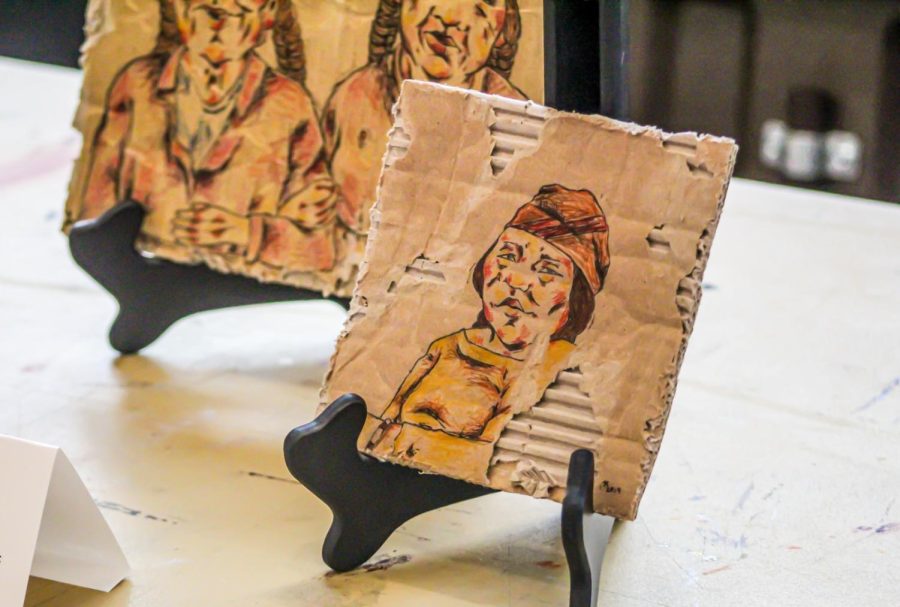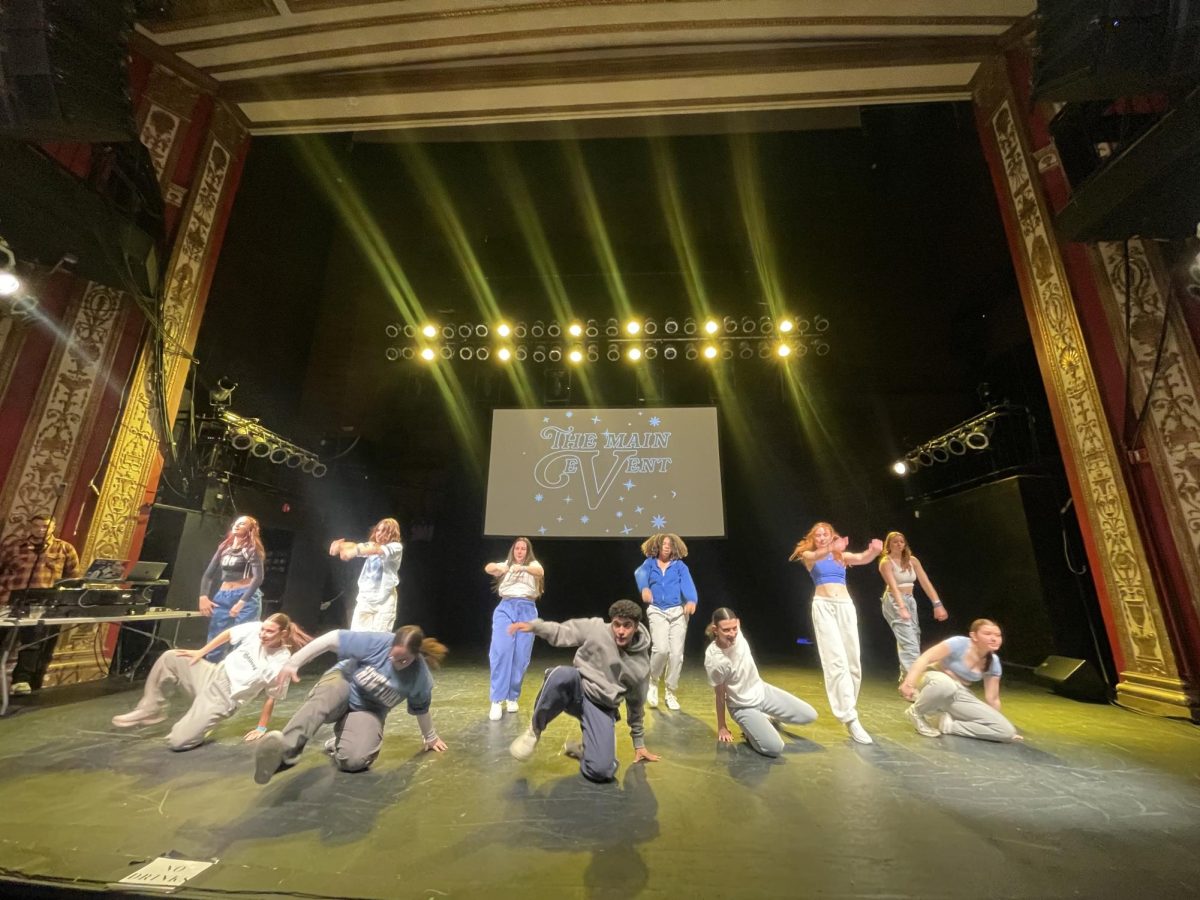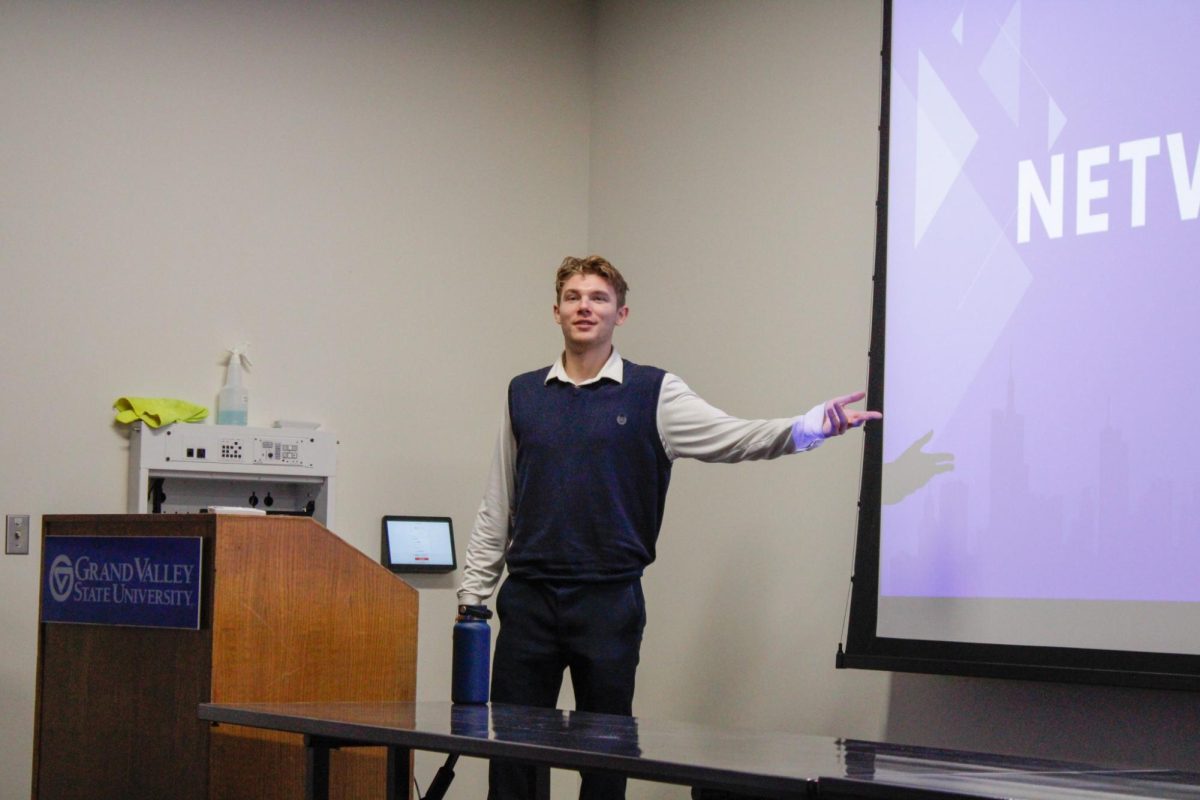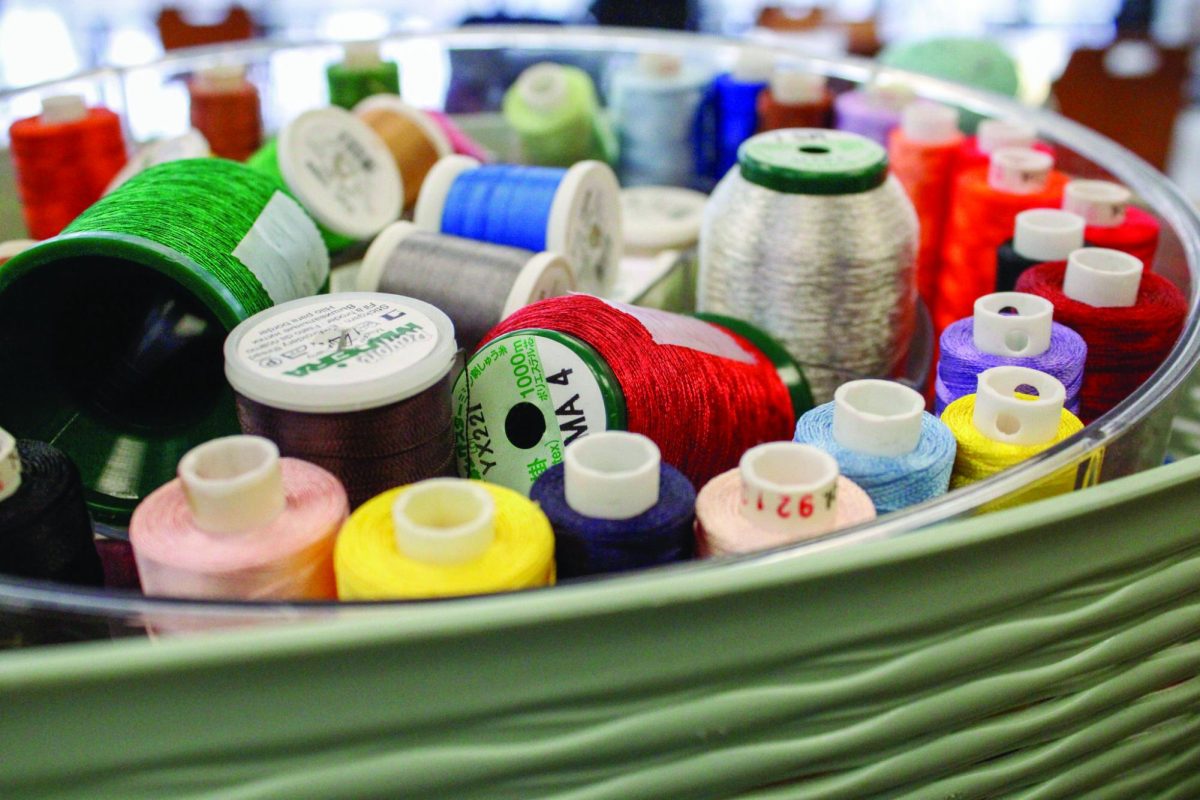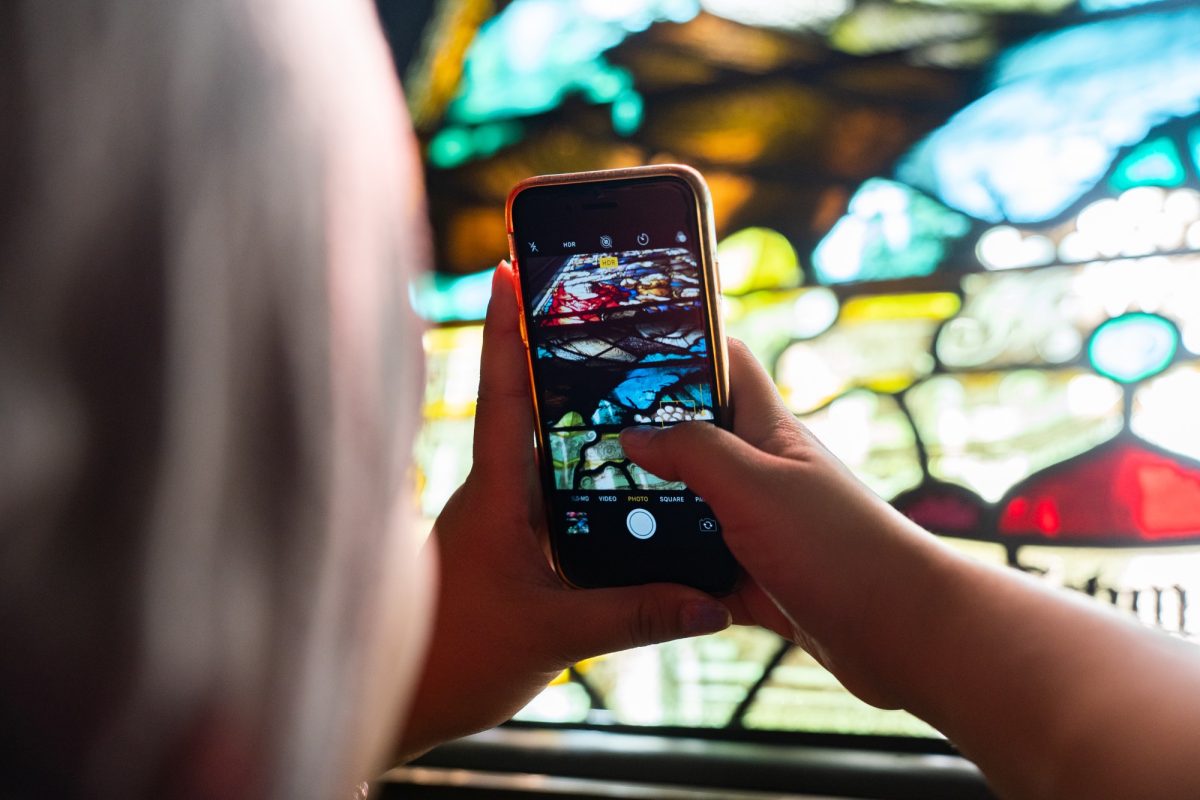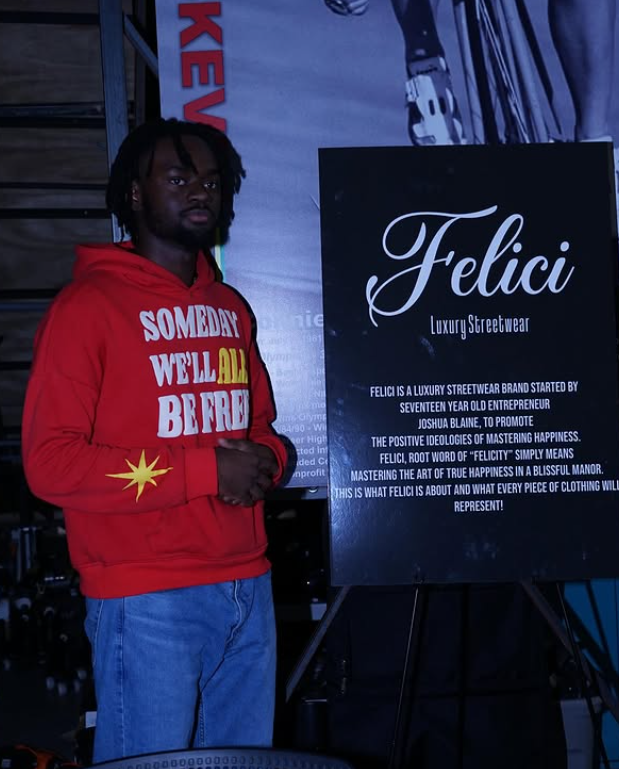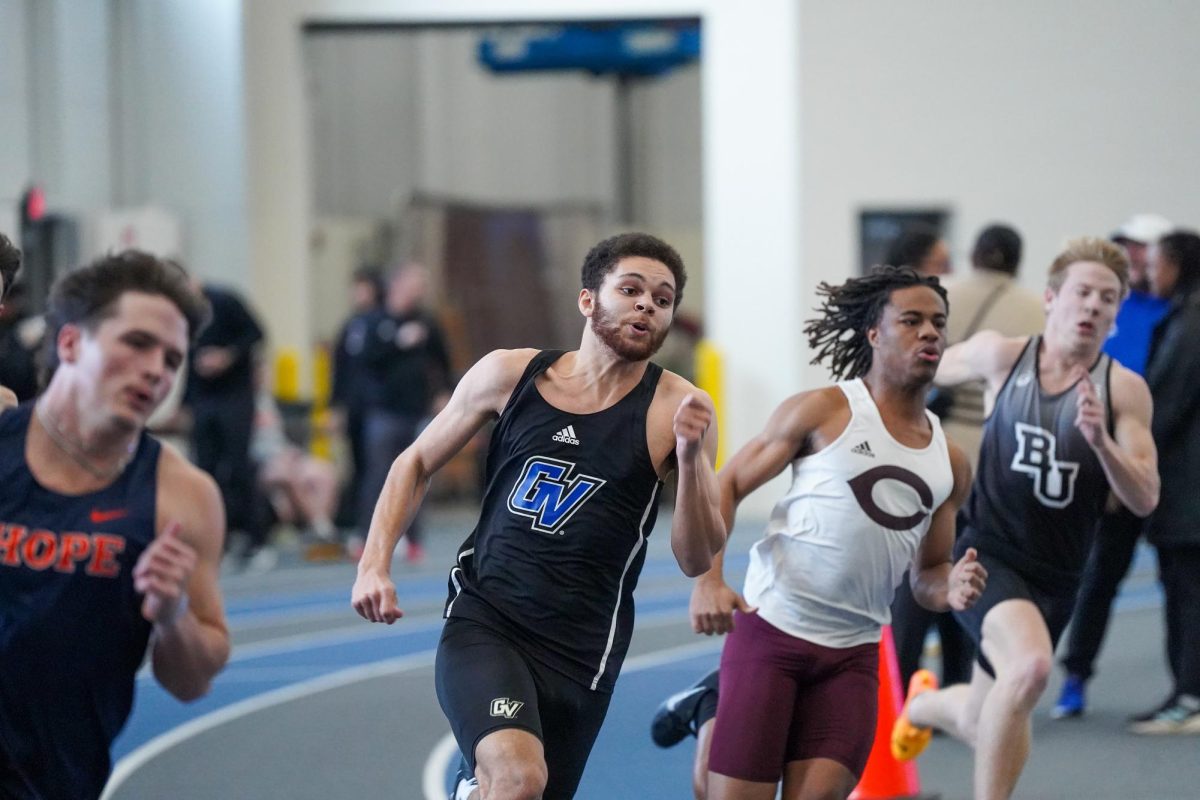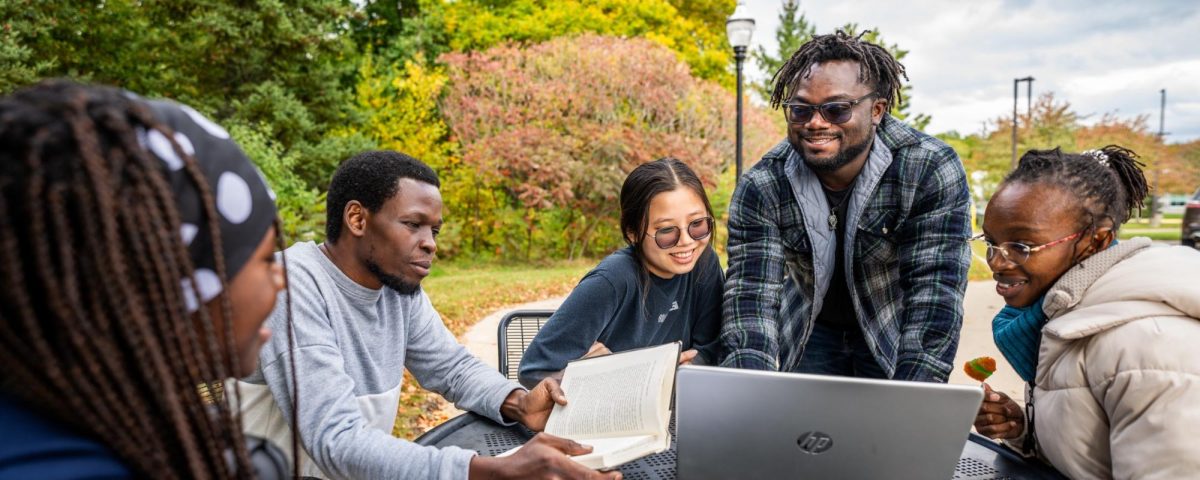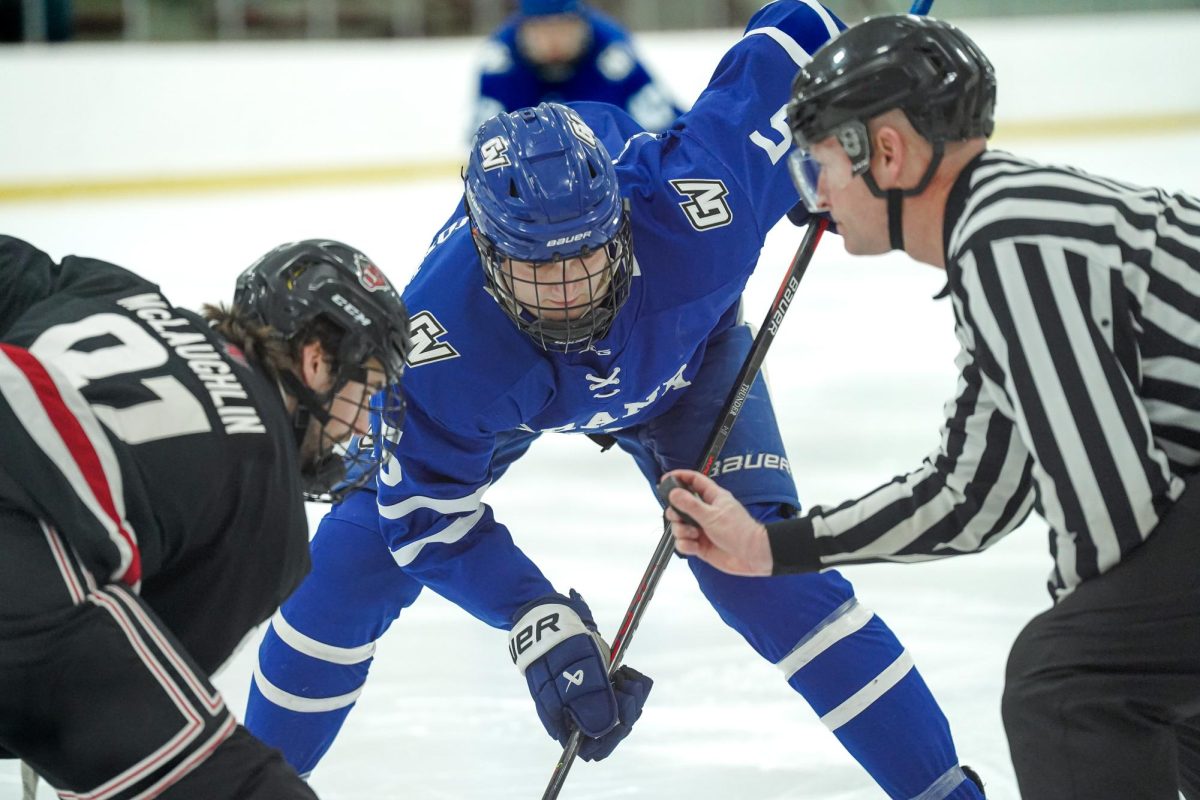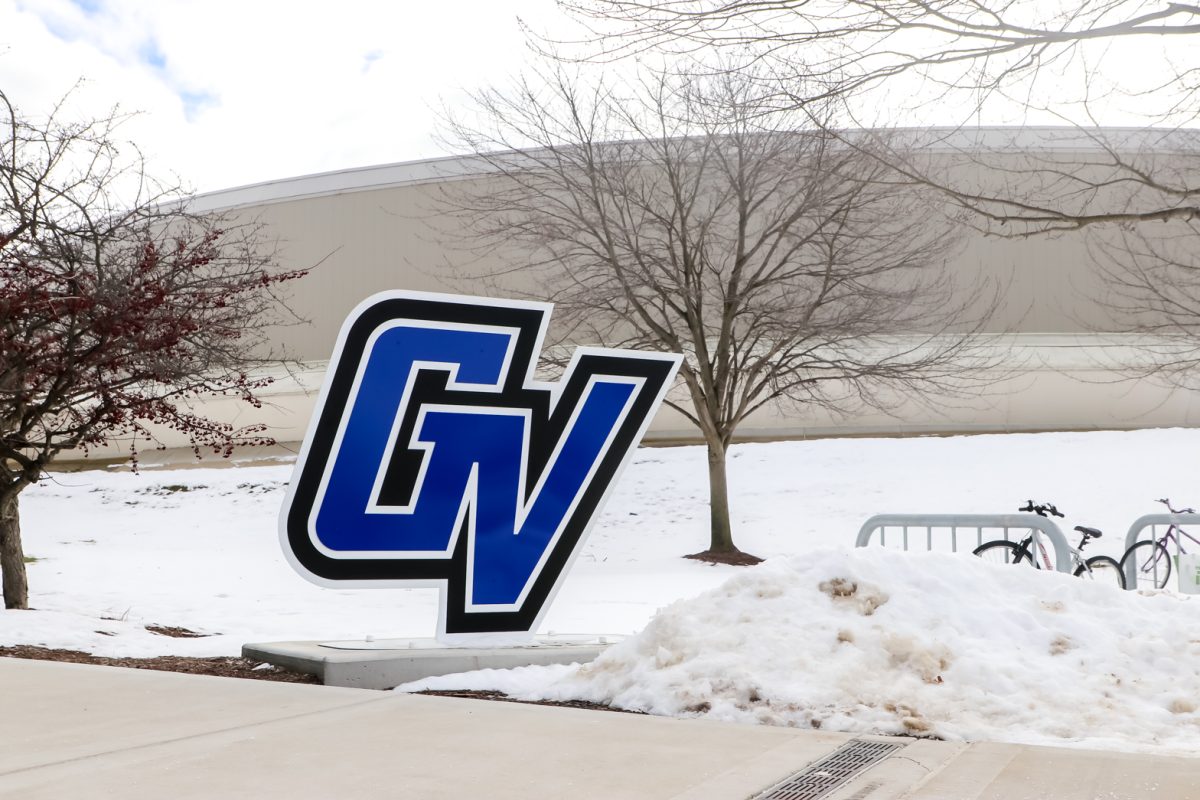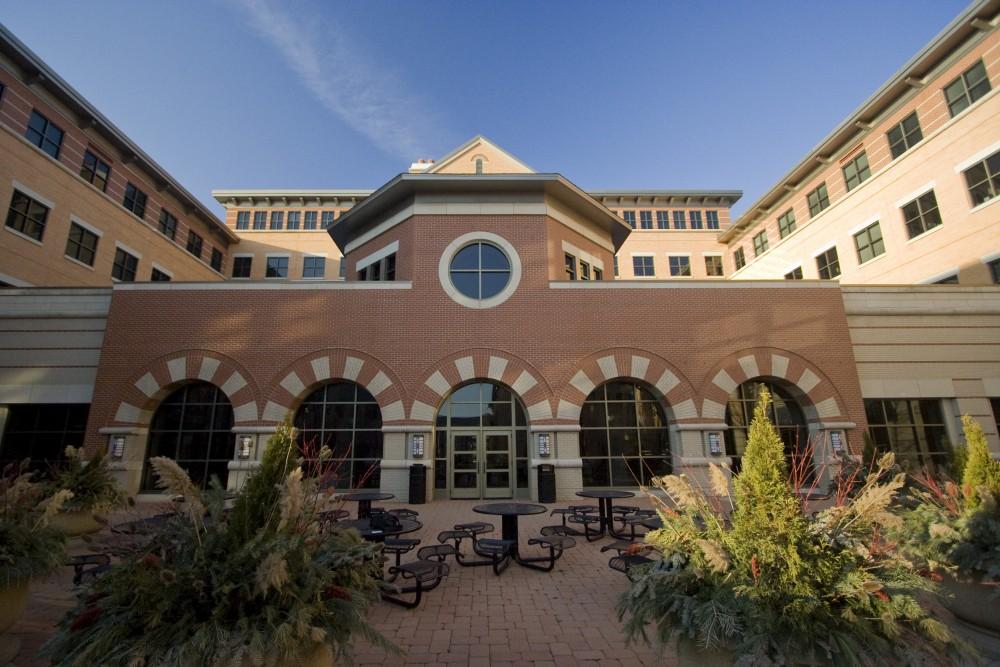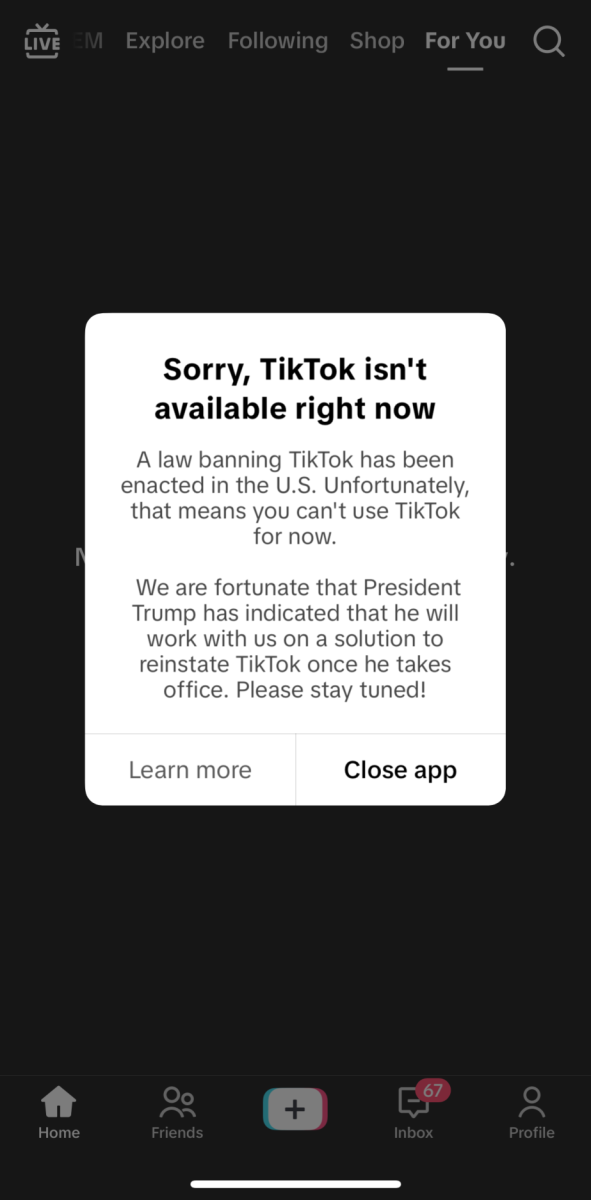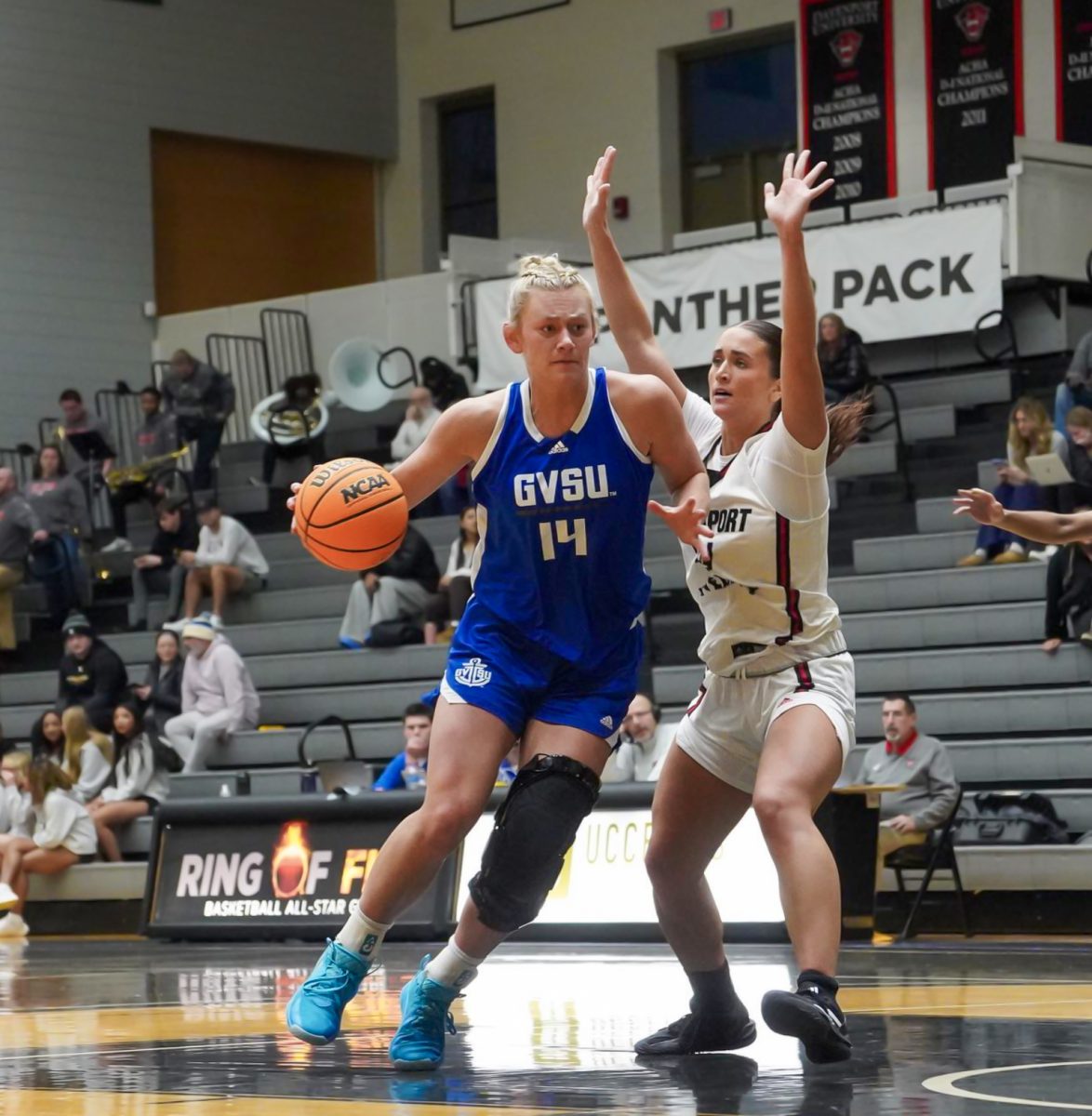GV NASA official: Nationwide shift to Indigenous Peoples’ Day is a start, but not enough
Oct 17, 2022
It’s been four years since Grand Valley State University made the decision to recognize Indigenous Peoples’ Day. While many people in the GVSU community celebrated this past Monday, Columbus Day remains a federal holiday on the same day.
The recognition was set in motion by a 2017 resolution in the university’s Student Senate to formally recognize the holiday due to Columbus Day not aligning with the university’s “values of inclusion or innovation.”
GVSU organizations, such as the Native American Student Association (NASA), pushed for this recognition because they believe Columbus Day represents the genocide of indigenous people and the mass colonization of indigenous lands.
NASA operates as a support group for Native students where they can connect with their community through different activities, guest speakers and discussions among many other indigenous-centered opportunities. The organization is committed to providing a space for Native American and indigenous students and is dedicated to bringing awareness to important Native American social issues.
According to NASA Co-President Jacob Klanke, the organization’s push for GVSU to recognize Indigenous Peoples’ Day was one of the main reasons it passed.
“I don’t personally believe that Grand Valley would have taken a stance unless they had been approached by NASA,” Klanke said. “And if there weren’t students there, specifically Native students there, holding them accountable for how they treat and talk about Native people and topics – I don’t think they would be setting a very good example.”
This week, there were multiple events celebrating and commemorating indigenous people. Through these events, GVSU faculty, staff and students reflected on the recent progress made and the current challenges.
Although Klanke believes the recognition of Indigenous Peoples’ Day to be a good start, he said it should only be the beginning of a longer road to change.
“It’s an important first step in correcting some of the awful history and erasure that has happened to Native people, regarding Native people throughout the year,” Klanke said. “But it’s not an end all be all… a day is not enough to make up 500 years of oppression and it’s a day that’s still regularly ignored by people.”
In the last few years, the nation has witnessed a rapid shift away from the recognition of Columbus Day to instead recognizing Indigenous Peoples’ Day.
Over a dozen states and more than 130 local governments have chosen not to celebrate Columbus Day altogether and have replaced it with Indigenous Peoples’ Day, according to USA Today.
Another significant step forward occurred last year when President Biden issued a presidential proclamation, which he described as an “opportunity to reaffirm tribal sovereignty and celebrate the invaluable contributions and resilience of indigenous peoples.”
Klanke agreed that there has been a rapid shift in awareness of the holiday in the last five years, but Native people have been fighting for this awareness for much longer.
“I know that indigenous people have never been cool with Columbus Day,” Klanke said. “I think all of the attention it has gotten is by people outside of the Native community, who weren’t doing the work for decades and decades and are just becoming aware of it… I think because the media was able to take that story, it helped, but it’s still not recognized everywhere and it’s still not a federal holiday.”
Many members of the Native community see Columbus Day as a symbol of the mistreatment of their ancestors. While the recent shift towards indigenous people is important, Klanke believes GVSU should put in more effort.
“Grand Valley has a lot of responsibility to communities of color on campus,” Klanke said. “And as one of the smallest minority groups on campus, in our own home country, it is upsetting that we continue to struggle for things… These are all things that other universities have already done to try to show tribal people that they are welcome and wanted.”
Not only does NASA want more acknowledgment behind Indigenous Peoples’ Day, but other students in the community want such as well.
GVSU student Alison Herring said that her early education impacted her beliefs in history.
“In elementary school, I remember being told that Columbus was a hero for discovering the Americas. We would say, ‘In 1492, Columbus sailed the ocean blue,’” Herring said. “But once you understand what really happened… what we learned as kids was inaccurate and Columbus was no hero.”
Going forward, students like Klanke plan to continue advocating for indigenous peoples’ history and the importance of recognizing the holiday.




